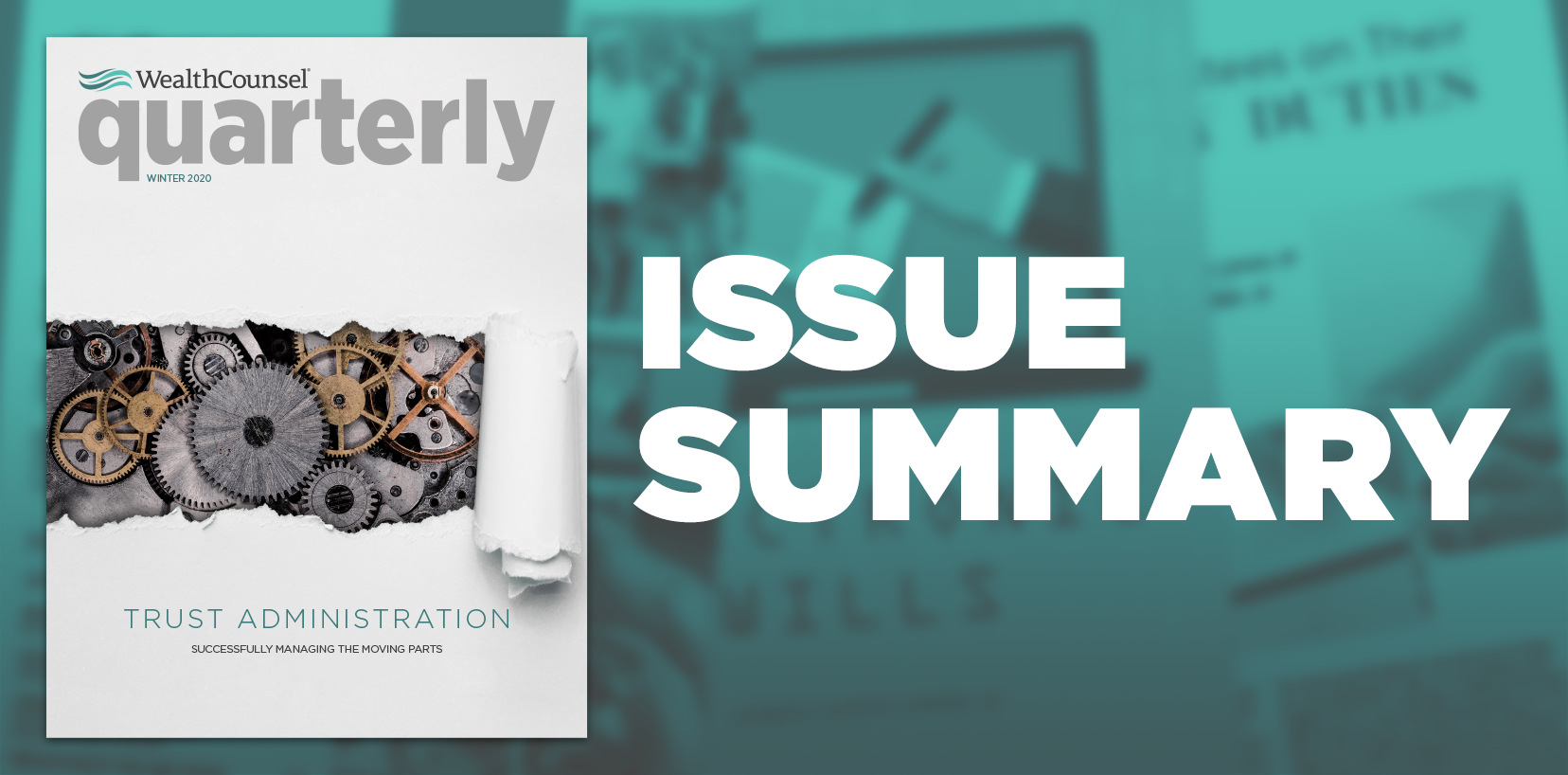
This article has been updated to reflect the U.S. Treasury announcement on 3/20. Readers should verify that no further changes have been made to the filing and payment deadlines.
The 2020 tax season is underway, but millions of Americans have yet to start preparing their tax returns. Earlier this week, in response to the COVID-19 pandemic, Treasury Secretary Steven Mnuchin offered taxpayers a 90-day reprieve on paying their income taxes. As of Friday, March 20, the deadline to file tax returns has also been extended by three months. Taxpayers will now have until July 15th to file and pay their 2019 income taxes (up to $1 million). During this time, filers will not incur interest on unpaid taxes or be subject to tax filing penalties. According to Wealth Management, “this reprieve amount would also likely apply to small businesses and pass-through entities. Corporate filers, on the other hand, would get the same length of time to pay amounts due on up to $10 million in taxes owed.” As details continue to be hammered out, tax advisors and estate planning attorneys should expect questions from clients as the new tax filing deadline approaches.
Historically, taxpayers procrastinate on their taxes, but it is prudent to prepare tax returns well in advance. In 2018, it was estimated that over 14 million people waited until the last day to file their returns, causing the IRS website and filing system to crash in the early morning hours. The situation was not resolved until early evening, and although the IRS extended the filing deadline, panic ensued for many taxpayers who had waited until the last day to file.
Despite the 3-month tax filing extension, taxpayers may again put off filing their taxes— especially as COVID-19 continues to interrupt daily life and cause financial strain. Attorneys can and should reach out and communicate these changes to their clients and others within their local communities. Additionally, clients may continue to need guidance in interpreting and understanding the significant changes stemming from the Tax Cuts and Jobs Act, which is still quite new. To help answer common questions about the 2020 tax season, we’ve created a tax “cheat sheet” for your clients (and potential clients). Not only will it help you to communicate the delayed tax deadline, it will also act as an important reminder of the value of your services.
WealthCounsel has everything you need to build and grow your law practice. From premier drafting software to on-demand educational opportunities, and access to a nationwide professional network. Click here to talk to a Practice Development Consultant.




.png)